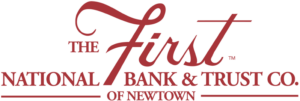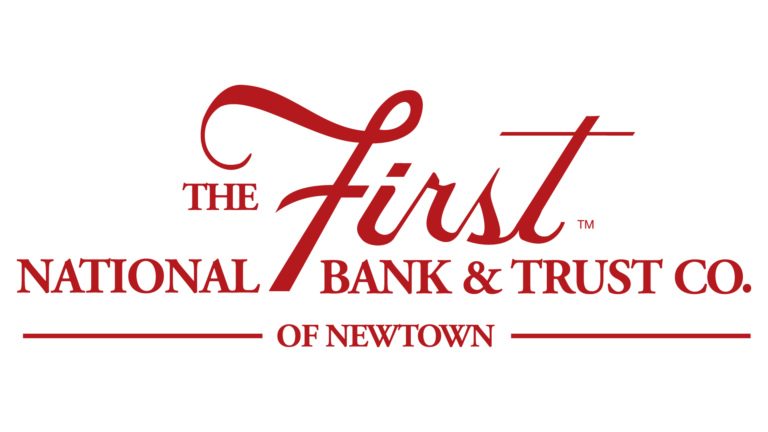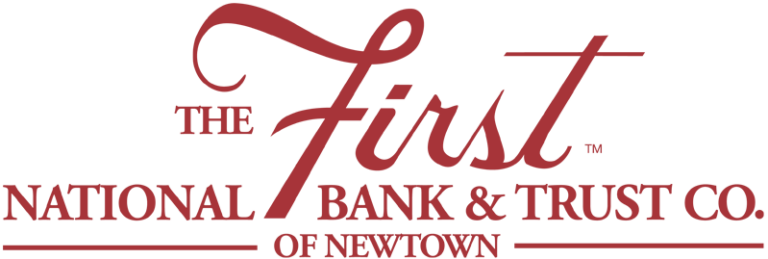Many people rely on trusts to manage their estates, oversee their assets, and look out for their beneficiaries. A trust can also help reduce the tax burden on those involved. You have many options in how to set up a trust and who you choose to manage it, so we offer this guide to help you through the process and to explain why appointing a bank as a trustee could be the right decision for you and your descendants.
We’ll start by explaining what a trust is, how it differs from creating a will, your options for creating a trust, and how to choose the right trustee to manage your estate.
What Is a Trust?
The IRS says, “A trust is a relationship in which one person holds title to property, subject to an obligation to keep or use the property for the benefit of another.” Beyond that simple definition, a trust is an estate planning tool. It’s a legal entity, similar to a corporation, that allows someone (the grantor) to transfer the oversight of assets to a trustee who manages the trust on behalf of the grantor and distributes the assets according to the grantor’s instructions.

What Is a Trustee?
A trustee is someone who oversees a trust on behalf of the grantor and the beneficiaries. This could be an individual, people serving as co-trustees, or a bank that specializes in creating trusts and trust services.
What’s the Difference between a Trust and a Will?
Both trusts and wills are legal documents that dictate how someone’s assets are managed and distributed. The will appoints an executor who will settle the deceased’s accounts, including paying any taxes or unpaid debts from the estate and distributing any remaining assets in accordance with the will, under court supervision. For parents with minor children, a will can also address their financial needs and appoint legal guardians.
One of the biggest differences is that a will directs how someone’s property will be distributed after they pass away. A trust can be used to manage someone’s estate while they’re alive, or after they pass away.
Another key difference is the execution of a will is a public process, so it becomes part of the public record that anyone could access. Trusts usually don’t become part of the public record. Because a trust’s assets can be distributed without going through probate court, a trust can be closed faster than a will after someone passes away.
What Types of Trusts Are Available in Pennsylvania?
We manage two types of trusts in Pennsylvania. We recommend consulting, an attorney, a financial advisor, and a wealth management team to decide which one may be right for you.
Revocable Living Trust
A revocable living trust is the most common type of trust in Pennsylvania. It allows someone to maintain control of their assets while they are alive, and they can alter the trust at any time. Because a revocable trust can be modified by the grantor whenever needed, it can be beneficial when the grantor wishes to transfer the responsibilities of managing the trust to someone else.
Irrevocable Trust
As the name suggests, an irrevocable trust cannot be changed after it has been created. The grantor relinquishes ownership of any assets placed into the trust and is responsible for running the trust itself. Legally, these assets are removed from the grantor’s estate. The only way an irrevocable trust can be modified is with the permission of the beneficiaries or the court. The key benefit of an irrevocable trust is that any assets placed into the trust are shielded from creditors and the taxes owed by descendants.
Your Other Options When Creating a Trust
Beyond these four types of trusts, you can also tailor a trust to suit your needs, and there are many options to consider. Here are some of the most popular options:
• A charitable trust could have your assets distributed to one or more charities or split between them and your descendants. Not only would this leave a legacy, it could also reduce your trust’s estate taxes.
• A credit shelter trust, also known as a bypass trust, is a type of irrevocable trust that allows someone to reduce or eliminate estate taxes when passing assets onto their heirs.
• A life insurance trust is an irrevocable trust that is the sole beneficiary of one or more life insurance policies. When the insured passes away, the trust receives the proceeds and distributes them. This is a way for someone to keep the death benefits of their life insurance policies from being subject to the federal estate tax.
• A marital trust allows the property within a trust to be given to the surviving spouse, or to be used for their benefit, while the federal estate tax or the federal gift tax is deferred until the surviving spouse passes away.
• A personal residence trust is an irrevocable trust that gives someone the right to use a residence for a given period, until it passes to one or more beneficiaries. This is typically done to remove the residence from the estate to avoid the federal estate tax and reduce or eliminate the federal gift tax.
How to Appoint a Trustee
Apart from the type of trust you establish, your next most important decision is choosing who to appoint as trustee. The trustee will have a fiduciary responsibility to manage the trust on behalf of the grantor and the beneficiaries, while following the terms specified by the trust and all applicable laws.
Even if you plan to manage the trust yourself, you’ll still need to designate a successor trustee who could oversee the trust if you can no longer manage the trust or pass away. Your trustee should be well-organized and have some knowledge of financial issues and the law. You might ask an attorney, a financial advisor, or a trusted friend or relative. You might also ask the wealth management services department at your local bank. A trustee’s responsibilities include:

Documenting All Activities
Everything that’s done to or on behalf of the trust must be accounted for while adhering to state laws and the activities dictated by the trust. This includes withdrawals from the trust, its expenses, and income. Trustees must also file tax returns and make tax payments on behalf of the trust.
Disbursements to Beneficiaries
A trust can be established to distribute assets only upon the grantor’s death. It may also permit beneficiaries to make withdrawals prior to this event. A trustee will have the authority to approve or deny any withdrawals, while considering the needs of all beneficiaries and the trust’s solvency.
Investing
A trustee will invest the trust’s assets according to the terms of the trust and the needs of the beneficiaries. This requires knowledge of investing to avoid unnecessary risks while maximizing returns and ensuring that withdrawals by beneficiaries do not hinder the trust’s ability to continue making investments.
Why Co-trustees Can Be a Problem
Some might choose to have two or more people serve as co-trustees, to divvy up the workload and to draw on each other’s skills. In some cases, a grantor can’t choose between two different people, so they choose both. This can slow down the administering of a trust if more than one signature is required to approve something. You might solve this by allowing either trustee to make decisions and sign documents.
Unfortunately, problems can also arise when co-trustees disagree to the point that either of them might pursue a remedy in court. This can create headaches and legal bills for the trustees and the beneficiaries, and things might not work out in court the way the grantor intended when they set up the trust.

Why Hiring a Bank as Your Trustee Makes Sense
One of the primary reasons why people choose a bank as their trustee is that it gives them a team of experts who specialize in such issues as investing and estate planning. Just consider all of the issues we’ve addressed in terms of setting up a trust—and that’s just scratching the surface.
Experience and Expertise
An individual trustee must be able to make the correct investment decisions while also adhering to all state and federal tax laws, in addition to bookkeeping requirements. An individual trustee may lack this level of expertise or the ability to dedicate the necessary time and attention to oversee a trust.
Continuity Issues
There could also be continuity issues if the trustee becomes incapacitated and can’t fulfill their duties. If one or more beneficiaries are children, the trust itself could outlast the trustee’s ability to oversee it. With a bank as your trustee, the individual managing the trust may change over time, but the bank itself and its team of experts can still serve as your official trustee.
Objectivity
A bank can also be completely objective when making decisions about investments and disbursements. The beneficiaries may have differing opinions on how the trust should allocate its investments or disbursements, which can often lead to conflicts. This often occurs in situations involving a living spouse and an ex-spouse, or children and stepchildren.
If a beneficiary is a close friend or family member of the trustee, it can create undue strain on their relationship. Trustees often find it challenging to balance the requirements of the trust, the law, and the wishes of beneficiaries. At The First National Bank and Trust Company of Newtown, we specialize in these types of decisions because we frequently face these issues. We can ensure the trust is managed according to your wishes while being attentive to the needs of your beneficiaries.
Integrity and Oversight
There have been cases where an individual trustee steals from the trust, leaving it insolvent and with no way of replacing the missing funds. There are numerous examples of where even a trusted family member misappropriated funds. In some cases, the beneficiaries are young children who are unable to provide oversight of the trust and wind up losing the resources the grantor intended for them.
At The First National Bank and Trust Company of Newtown, we have several layers of oversight for all our activities, including trusts. Our system of checks and balances ensures the assets of your trust are in good hands, and as a locally owned and operated bank, we make all our decisions right here, locally, among the team.
Contact A Member of Our Trusts Team
Whether you need help with setting up a trust, estate planning, or retirement planning, we can help you with financial planning through every stage of life and ensure that your interests are protected every step of the way. Please contact our trust and wealth management team to learn more, or visit one of our convenient locations.



